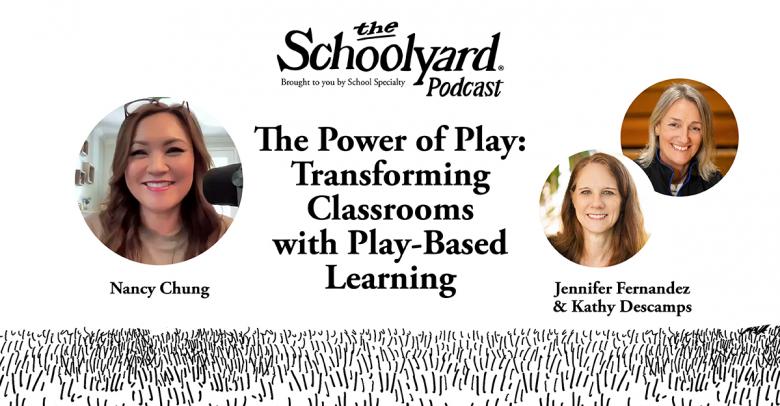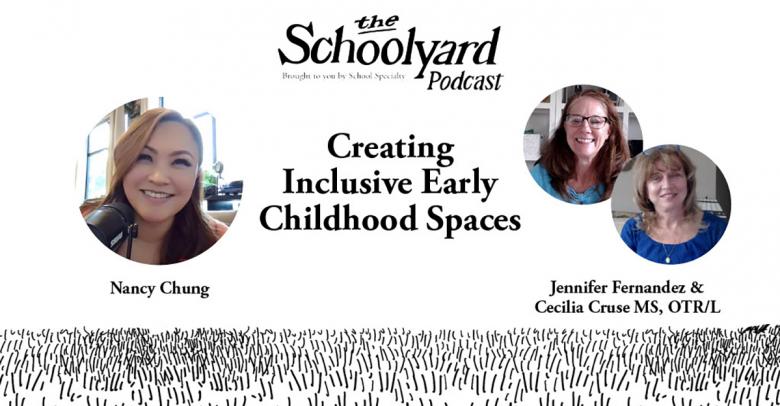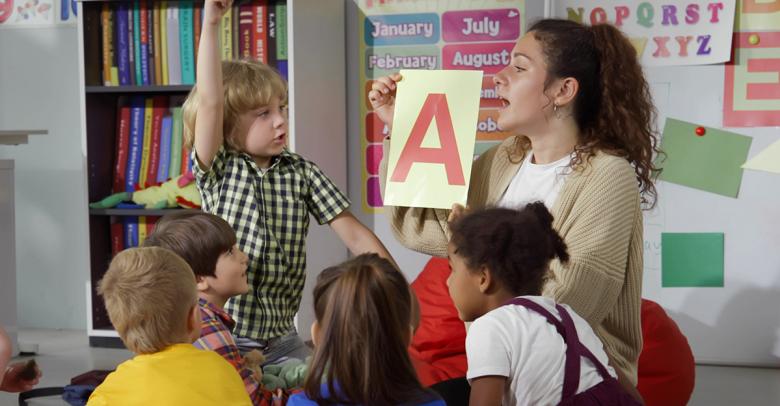Dressing up is fun, and many students enjoy pretending to be someone else during playtime. Whether they are pretending to be a mother to some dolls or saving the world as a pretend superhero, early childhood is a time of building foundational character traits and relationship skills. Read on and learn more about the benefits of dress-up dramatic play in your early childhood classroom.
Developmental Impacts of Early Childhood Role Playing
Dressing as someone else allows students to put on a new outfit and take on the part of their imaginary character. Many young students enjoy being heroes and princesses, but there are benefits to dressing up as real-life characters such as doctors, firefighters, police officers, and even restaurant servers.
Shop Early Childhood Dress-Up Costumes
Foster Imagination
Helping to grow a child’s imagination is a benefit to building character and teaching them to learn in new ways. Students imagining to be someone else can experiment with role-playing in situations they don’t encounter in real life. They get to live out their imaginary stories while practicing roles such as a hero or villain and see how those roles impact others.
Self-Exploration
Playing roles that represent real life, such as being a doctor, can help students to learn about themselves. Perhaps they pretend to be the doctor every time they play, learning that they enjoy helping people and being a leader. Students can imagine they are someone else, and in doing so, learn more about what they like and don’t like and how they prefer to interact with others.
Build Interpersonal Skills
Another benefit of dress-up play is building relationship skills with the other students. By “living” as someone else for a short time, they practice skills in empathy. This improves the overall understanding of other people’s feelings and gives students a chance to think deeply about what motivates and affects others.
Read: 5 Ideas for Dramatic Play in Early Childhood
Students can dress up as just about any character they can imagine. With the right tools, you can also guide them to try out important community roles.






Leave a Reply